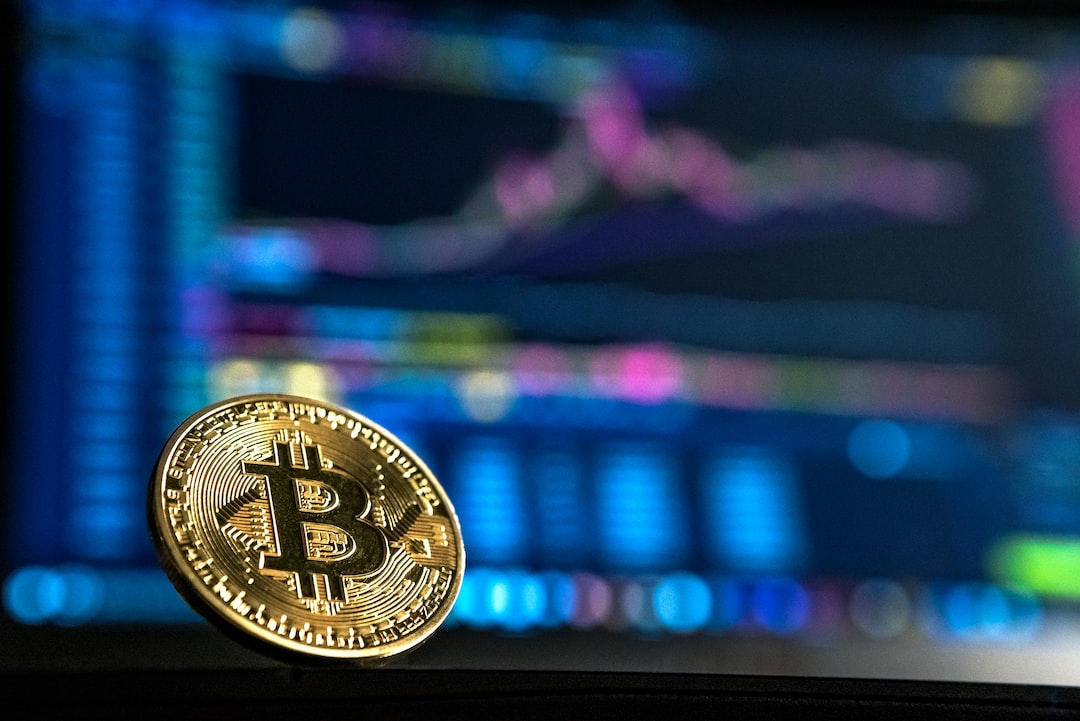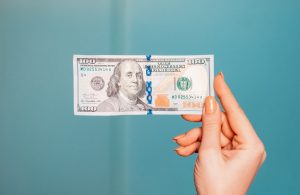The foreign exchange market, commonly known as the forex market, is the largest financial market in the world. It is a decentralized market where currencies are traded 24 hours a day, five days a week. The forex market is highly dynamic and is influenced by various factors, such as economic indicators, geopolitical events, and market sentiment. But who moves the forex market?
In general, there are three main categories of participants in the forex market: banks and financial institutions, corporations, and retail traders. Each of these participants has a different role in the forex market and can influence its movements in various ways.
Banks and Financial Institutions
Banks and financial institutions are the primary players in the forex market. They are responsible for the majority of the trading volume in the market, with some estimates suggesting that they account for up to 90% of total daily trading volume.
Banks and financial institutions trade currencies for various reasons, including hedging, speculation, and facilitating international trade. For example, a bank may trade currencies to hedge against currency risk in its international transactions. Similarly, a financial institution may speculate on currency movements to generate profits for its clients.
Banks and financial institutions also play a crucial role in providing liquidity to the forex market. They act as market makers, buying and selling currencies to meet demand from other market participants. This ensures that there is always someone willing to buy or sell a currency, even in times of low market activity.
Corporations
Corporations also participate in the forex market, primarily to manage currency risk associated with their international operations. For example, a multinational corporation may have subsidiaries in different countries, each with its own currency. If the currency in one country depreciates against the currency in another country, the corporation may experience losses.
To mitigate this risk, corporations may use various forex market instruments, such as forwards, options, and swaps. These instruments allow corporations to lock in exchange rates for future transactions, reducing their exposure to currency risk.
Retail Traders
Retail traders are individuals who participate in the forex market for personal investment purposes. They typically trade through online brokerage platforms that provide access to the forex market.
Retail traders can influence the forex market in various ways, although their impact is relatively small compared to banks and financial institutions. Retail traders may speculate on currency movements, hoping to profit from short-term price fluctuations. They may also use forex market instruments, such as leverage, to amplify their trading positions.
Retail traders may also contribute to market sentiment, which can influence the broader forex market. For example, if a large number of retail traders are bullish on a particular currency, this may lead to increased demand and a price appreciation.
Central Banks and Governments
Central banks and governments also play a significant role in the forex market, primarily through monetary policy. Central banks can influence currency values by adjusting interest rates, which can affect the demand for a currency.
For example, if a central bank raises interest rates, this may attract foreign investment, leading to an increase in demand for the currency and a corresponding appreciation in its value. Central banks may also intervene directly in the forex market by buying or selling currencies to influence their value.
Governments may also influence the forex market through various policies, such as trade agreements and tariffs. For example, if a government imposes tariffs on imports, this may reduce demand for the currency of the importing country, leading to a depreciation in its value.
Conclusion
In conclusion, the forex market is influenced by various participants, including banks and financial institutions, corporations, retail traders, central banks, and governments. Each of these participants has a different role in the market and can influence its movements in various ways. Understanding the dynamics of the forex market and the factors that influence it is essential for anyone looking to trade currencies.






